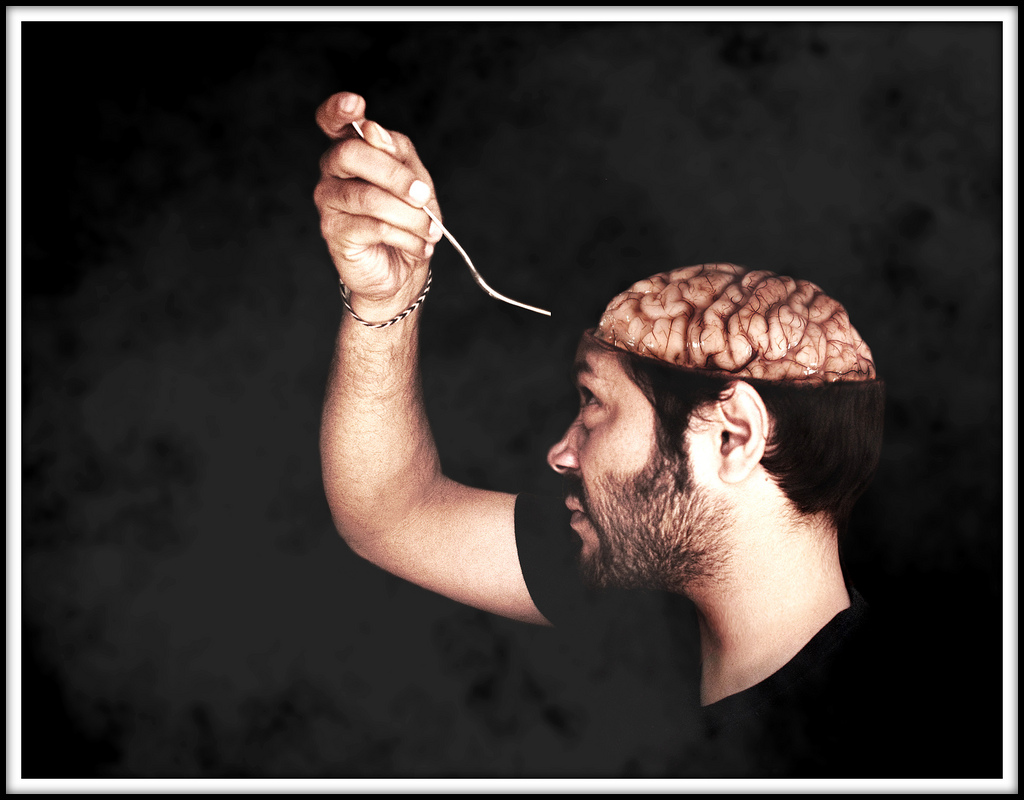
By Dr. Justin Marchegiani
Non-celiac gluten sensitivity (NCGS) is a functional condition, not a disease. NCGS could, however, progress into a pathogenic disease.
Imagine a scale with 0 being optimal health and 10 being disease. NCGS may fall in the range of 5 to 8 as it progressively climbs down the scale toward disease.
Researchers have finally started to accept NCGS as a real condition, and they are talking about some of the scientific mechanisms that are driving this functional condition toward a pathogenic disease.
Celiac disease is gluten sensitivity and it is a pathogenic condition. Gluten sensitivity is your immune system reacting to gluten. In testing for celiac disease, we’ll find elevated levels of antibodies such as endomysial and transglutaminase. In NCGS, we may not see those immunological markers.
We may take the NCGS patient off of gluten entirely, and the patient may get better. Even though the patient isn’t showing the celiac markers, he or she is improving when gluten is removed. The article findings, referenced at the end of this post, concluded that if the NCGS patient doesn’t address the gluten issues, the patient will continue to progress into a disease state.
We can prevent this type of disease from occurring by recognizing that the patient potentially has NCGS and providing strategies, such as avoiding gluten. This is to fix the gut and reverse the process.

Gluten has been shown in multiple studies to decrease blood flow to the brain. Our carotid arteries carry oxygenated blood and nutrients to the brain. So when blood flow decreases (the main issue we see in a person consuming gluten that’s sensitive to it), we’re going to see results such as brain fog and maybe even migraines. So there is a connection between brain inflammation and gluten—the literature already supports this.
The brain talks to the gut and the gut talks to the brain through what’s known as the gut-brain axis (GBA). This happens via the sympathetic nervous system’s fight-or-flight mechanisms and the parasympathetic nervous system’s vagus nerve stimulation.
In the parasympathetic nervous system, when the brain is talking to the gut and sending good vagal stimulation, it’s telling the gut to rest, relax, repair, absorb, digest, and assimilate nutrition.
In the sympathetic nervous system, the brain is telling the body to send blood to the extremities (the hands, the feet, etc.) or to fight or flee. If you get scared enough, you may even have enough stimulation to wet yourself. So different scenarios could result based on how much stimulation you have.
We want more of our parasympathetic nervous system working during the day because we want to be able to utilize all of the nutrients in our diet.
The gut-brain axis is bidirectional—it goes both ways—so if we have dysbiotic materials (bad bacteria, infections, etc.) in our gut, that can affect the signals going back to the brain and create inflammation. Garbage in, garbage out.
The gut has its own nervous system called the enteric nervous system. So stress in the gut can affect stress in the body because the body’s going to release cytokines and inflammatory compounds, and even toxins, from the various pathogenic bacteria in the gut. This could affect the overall nervous system function. So inflammation in the gut causes inflammation in the brain and, because it’s bidirectional, potentially vice versa.
Click here if you feel like you are having brain fog, losing your memory, and you want it fixed.
Bacterial balance in the gut is important. We have commensal bacteria in our gut, which can potentially be beneficial bacteria or pathogenic bacteria. What instigates that switch from beneficial to pathogenic will be things like sugar consumption, stress, insulin resistance, and previous or current infections.
If the bacterial balance is heavier on the pathogenic side, it may result in the following:
The article addressed medical treatments for NCGS, and I’ve included natural treatments here as well.
Dr. Kharrazian's book, “Why Isn't My Brain Working?” states you can do the following to stimulate your vagus nerve: gargle hard for a couple of minutes each morning, stimulate your gag reflex by touching the back of your tongue, and sing really loud.
In my clinical opinion, this is palliative, or supportive, and is not going to be enough to address the underlying issue. As much as I wish we could sing away our disease or our NCGS, there are things higher up on the hierarchy that are driving these issues.
The article addresses these as medications that act on the acetylcholine receptors. Some natural ways we can activate, or stimulate, the A7NRA would be to take compounds such as alpha-GPC or L-carnitine.
This compound is stimulated in the hypothalamus to make adrenocorticotropic hormone (ACTH). The pituitary makes ACTH, which then goes to the adrenals to make cortisol. So this antagonist (medication) is trying to block that receptor and dampen the cortisol response. In the natural-medicine world, we would use things like phosphorylated serine or adaptogenic herbs to get the hypothalamus and pituitary to cool down.
We may use soil-based probiotics or probiotics with specific strains, such as saccharomyces boulardii to increase your IgA. Some people may have SIBO (small intestinal bacterial overgrowth) and may not tolerate some probiotics as well, so they may have to use specific strands that are less sensitive.
Antioxidants that have been beneficial in the literature include turmeric, curcumin, and resveratrol. These are beneficial at dampening brain inflammation.
Click here if you want to heal from the damage non-celiac gluten sensitivity (NCGS) has caused!
Reference:
Daulatzai, M. A. February 2, 2015. “Non-Celiac Gluten Sensitivity Triggers Gut Dysbiosis, Neuroinflammation, Gut-Brain Axis Dysfunction, and Vulnerability for Dementia.” CNS & Neurological Disorders—Drug Targets. (https://www.readbyqxmd.com/read/25642988/non-celiac-gluten-sensitivity-triggers-gut-dysbiosis-neuroinflammation-gut-brain-axis-dysfunction-and-vulnerability-for-dementia)